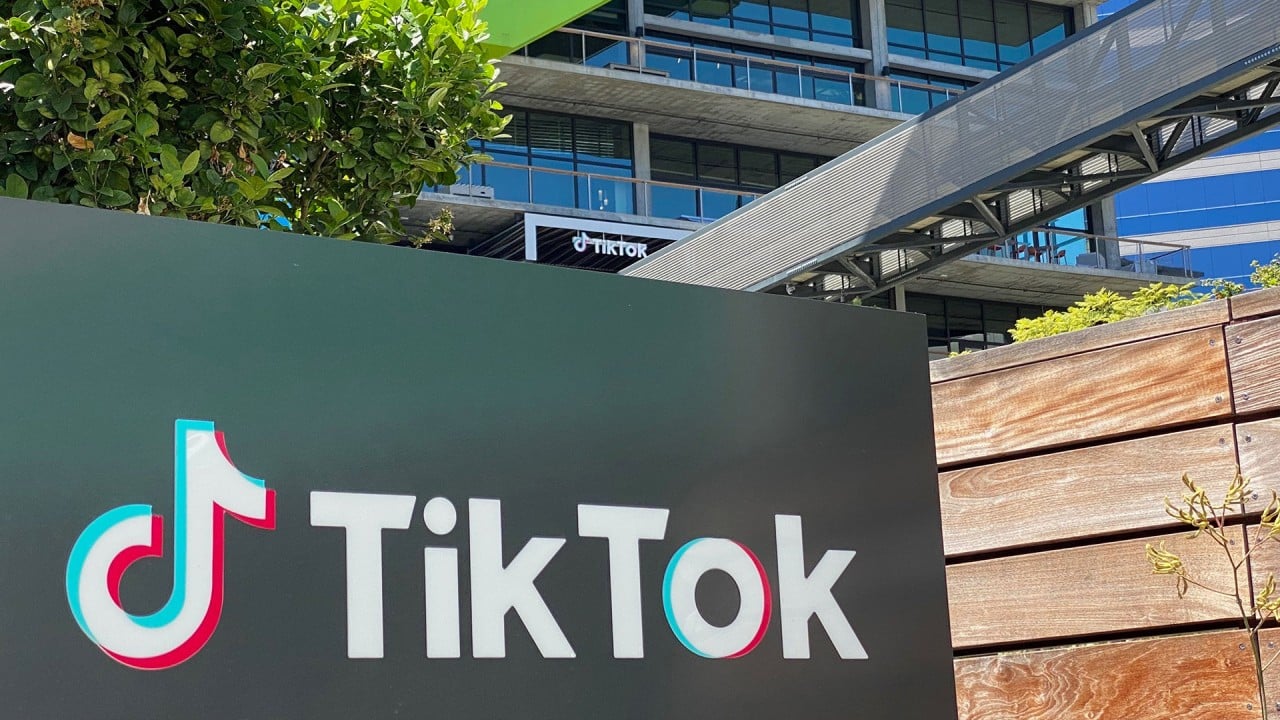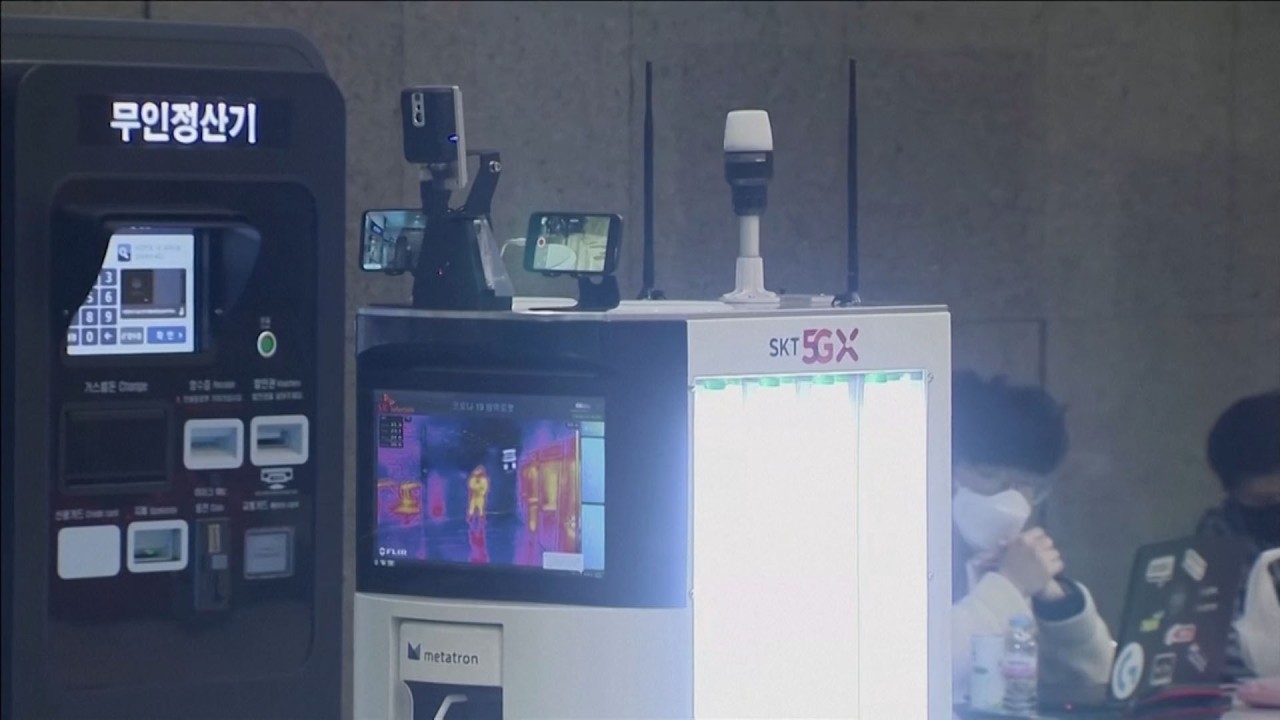
What is behind China’s clamp down on Big Tech, and how far will it go?
- Only a few years ago, Beijing was happy to encourage a new class of Chinese business titans that successfully married internet technology and private capital
- But a recent squeeze on the tech giants indicates the government may have underestimated the costs of disruption – and is now scrambling to mitigate risks
Beijing’s determination to tame China’s big tech firms is set to have a profound impact on the country’s economic trajectory in coming years.
Questions remain about how far the government will go to clip the wings of the internet giants. But to get close to an answer, it’s worth investigating the reasons behind Beijing’s fresh scrutiny.
Apart from high-speed rail, the other three all resulted from the marriage of internet technology and private capital, with a few dominant players like Tencent and ByteDance emerging.

06:02
Global expansion of TikTok and other Chinese tech companies is likely, only not in the West
The Chinese government tolerated and even encouraged these new titans – empowered by big data and artificial intelligence – and watched as they usurped traditional business processes and changed people’s day-to-day living.
But authorities appear to have underestimated the costs of disruption and were unprepared when things went wrong.
Beijing has started to see the ugly side of a “winner takes all” mentality. In cases of failure, the losers often have no power to redress grievances, leaving the public and the government to bear the social costs.

07:15
How hi-tech solutions are being used across Asia to cope with the coronavirus pandemic
Beijing, looking to unleash domestic demand and concerned about a growing wealth gap, has also grown weary about the danger of allowing capital to sprawl freely and fuel monopolies that could tilt income distribution further towards the rich.
The final factor that has influenced Beijing’s shifting attitude towards Big Tech is the international environment. China’s internet giants have been protected by the Great Firewall and there is an unspoken implication that these companies should be grateful. As China’s economic and technology rivalry against the US intensifies, there will be more pressure on them to play a part in the battle.
Beijing’s future action will also be influenced by how these firms respond. It is set to be a long tug of war, involving both coercion and persuasion.

